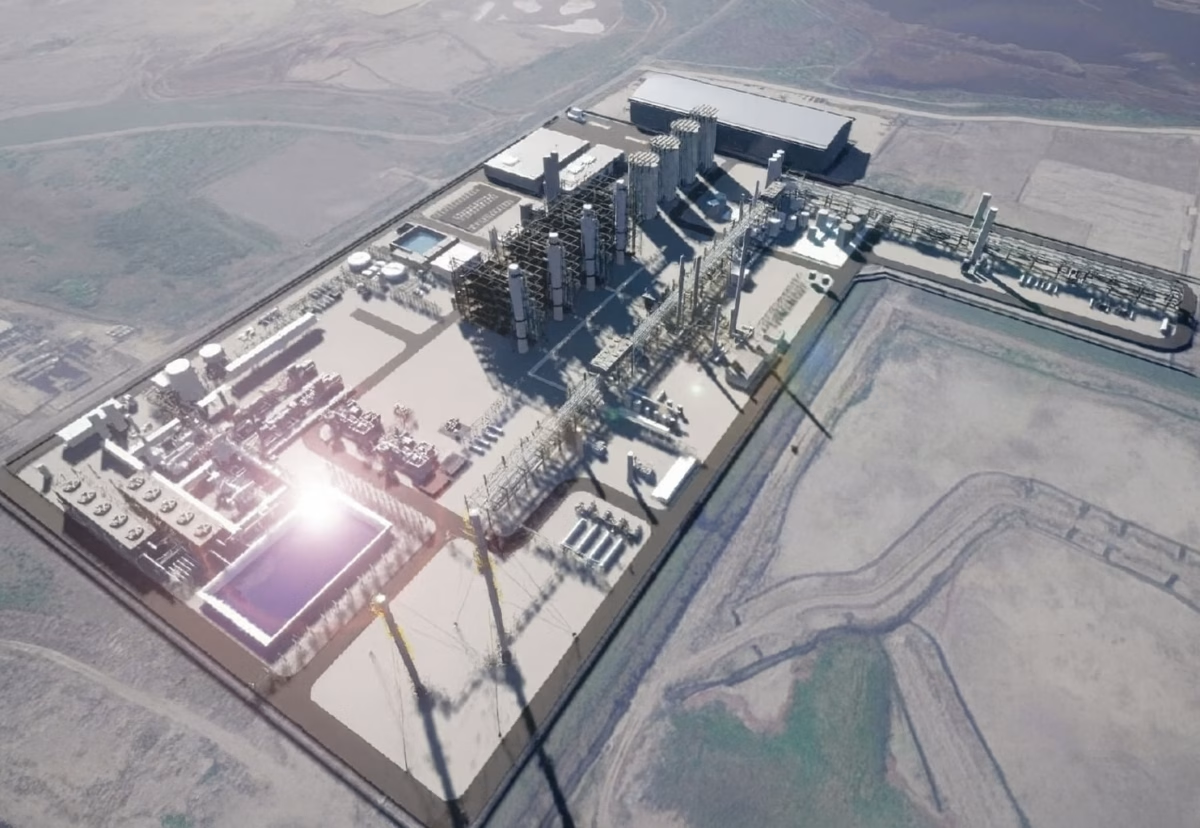Lighthouse Green Fuels has confirmed plans to build a £2 billion sustainable aviation fuel (SAF) plant on Teesside. The project will turn the North Tees industrial cluster into a centre for low-carbon aviation, producing jet fuel from waste biomass while cutting significant carbon emissions.
Project factsheet – Lighthouse Green Fuels Teesside SAF plant
Location: North Tees industrial cluster, Teesside.
Investor: Alfanar, Saudi Arabia.
Total Investment: £2 billion.
Annual Fuel Output: Up to 180 million litres of sustainable jet fuel.
Raw Material: 1.5 million tonnes of waste biomass per year.
Flight Coverage: Powers 25,000 short-haul or 2,500 long-haul flights annually.
Jobs Created: Over 2,000 during construction.
Carbon Reduction: Cuts over 750,000 tonnes of CO₂ yearly via carbon capture network.
Government Support: £40 million from the Department for Transport’s Advanced Fuels Fund.
The Teesside SAF plant will convert 1.5 million tonnes of biomass each year into up to 180 million litres of sustainable jet fuel. This output can power 25,000 short-haul or 2,500 long-haul flights annually. The facility will also link with the Northern Endurance Partnership’s carbon capture network, avoiding more than 750,000 tonnes of CO₂ emissions each year.
Teesside SAF plant boosts region’s low-carbon leadership
Tees Valley Mayor Ben Houchen secured the investment during meetings in Riyadh with senior Alfanar executives. He described the project as a milestone for the region’s low-carbon ambitions and a chance for Teesside to lead in a fast-growing industry.
The Teesside SAF plant positions the region as a leading hub for sustainable aviation fuels in the UK. With strong private and government backing, Lighthouse Green Fuels combines innovation and environmental impact, setting a model for the low-carbon energy sector.
The Lighthouse Green Fuels Teesside SAF plant mirrors global trends in sustainable industrial energy. Similar to the Horsley Park bioenergy facility in Australia, both projects convert waste into renewable fuel. This is by reducing reliance on fossil fuels and cutting carbon emissions. By linking industrial growth with environmental responsibility, Teesside is positioning itself as a UK hub for low-carbon aviation, just as Horsley Park supports greener manufacturing.

Leave a Reply